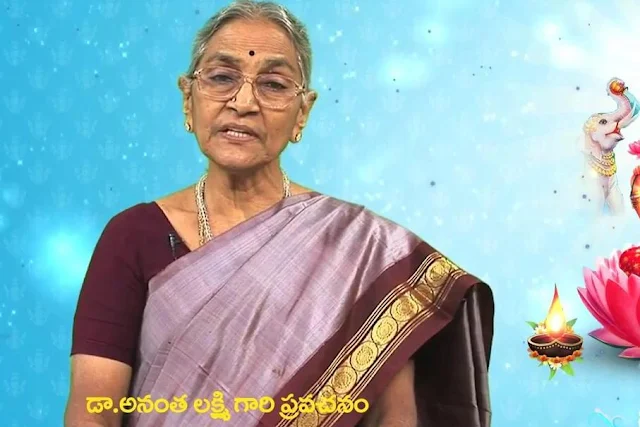
Sri Rudram, to which the Chamakam is added by scriptural tradition, is a Hindu stotra, hymn dedicated to Rudra (an epithet of Shiva), taken from the Yajurveda Shri Rudram is also known as Sri Rudraprasna, Śatarudrīya, and Rudradhyaya. The text is important in Saivism where Shiva is viewed as the Supreme God. The hymn is an early example of enumerating the names of a deity, a tradition developed extensively in the sahasranama literature of Hinduism. By the first few centuries CE, the recitation of the Śatarudrīya is claimed, in the Jābala Upanishad, to lead to immortality. The hymn is referred to in the Shiva Purana.
The text is also famous for its mention of the Shaivite Panchakshara ("five-syllable") mantra, which appears in the text of the Śatarudrīya in the eighth anuvaka. The text also contains the mantra Aum Namah Bhagavathe Rudraya. Through the chanting of Sri Rudram, Lord Siva's various attributes and aspects are invoked and worshipped. Chanting the Rudram is considered to be of great benefit. The Rudram chanting can be done with or without the accompaniment of a Vedic yagna ritual. When accompanied with the Vedic fire ritual, it is called the Rudra Yagnam. It is said that Lord Shiva, after Bhasmasura was killed with the help of Lord Maha Vishnu, performed the Tandava Dance and then performed the "Rudra Yagna" for the betterment of humanity. The place where the Rudra Yagna was performed is where the "Sri Kalahasti" Temple stands now; this temple also has one of the 5 (Pancha bhootha - Vayu, Agni, Jala, Akash, Prithvi) lingas called Vayu.
The text is also famous for its mention of the Shaivite Panchakshara ("five-syllable") mantra, which appears in the text of the Śatarudrīya in the eighth anuvaka. The text also contains the mantra Aum Namah Bhagavathe Rudraya. Through the chanting of Sri Rudram, Lord Siva's various attributes and aspects are invoked and worshipped. Chanting the Rudram is considered to be of great benefit. The Rudram chanting can be done with or without the accompaniment of a Vedic yagna ritual. When accompanied with the Vedic fire ritual, it is called the Rudra Yagnam. It is said that Lord Shiva, after Bhasmasura was killed with the help of Lord Maha Vishnu, performed the Tandava Dance and then performed the "Rudra Yagna" for the betterment of humanity. The place where the Rudra Yagna was performed is where the "Sri Kalahasti" Temple stands now; this temple also has one of the 5 (Pancha bhootha - Vayu, Agni, Jala, Akash, Prithvi) lingas called Vayu.
Shri Rudram, is a Vedic mantra or chant in homage to Rudra (an epithet of Shiva) taken from the Krishna Yajurveda's Taittiriya Samhita (TS 4.5, 4.7). It comprises two parts, the Namakam and Chamakam. Chamakam is added by scriptural tradition to the Shri Rudram. Shri Rudram is also known as Śri Rudrapraśna, Śatarudrīya, and Rudradhyaya. The text is important in Shaivism where Shiva is viewed as the ultimate God. The hymn is an early example of enumerating the names of a deity.
Shri Rudram is also famous for its mention of the Shaivite holy mantra Namah Shivaya, which appears in the text of the Śatarudrīya in the eighth anuvaka of Taittiriya Samhita (TS 4.5.8.1). It also contains the mantra Aum namah bhagavate rudraya and the Mahamrityunjaya Mantra.






